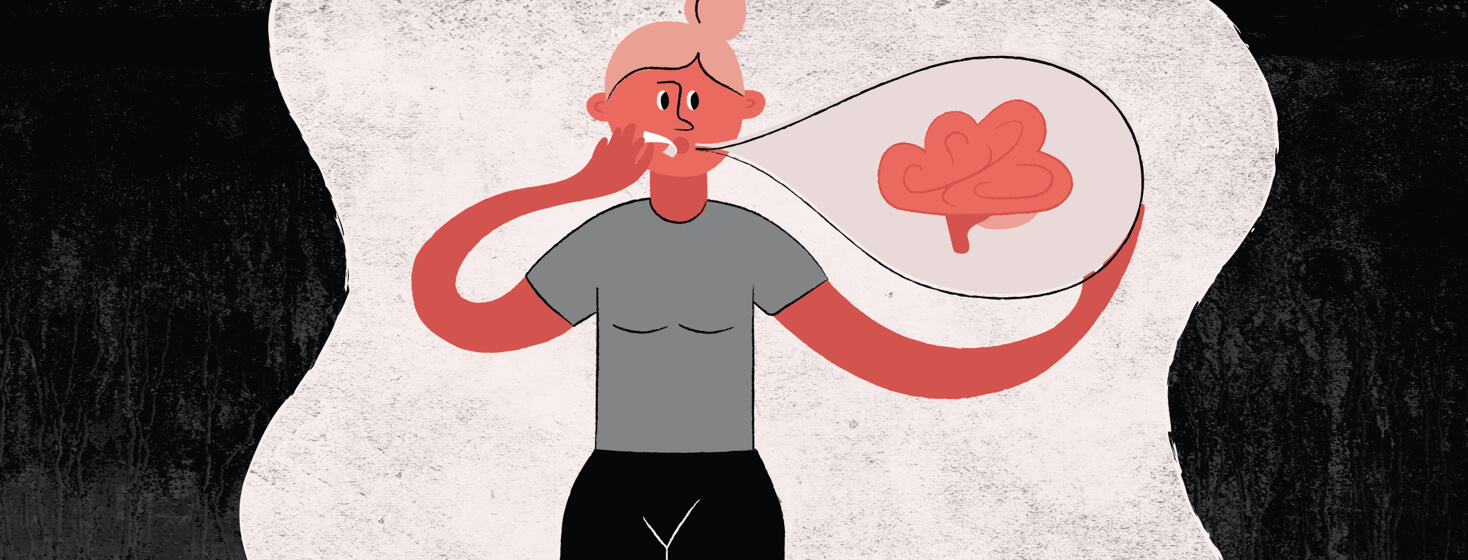Bipolar Disorder and Insomnia: Mental Health and Sleeplessness
A lot of people do not want to talk about mental illness. There is still so much stigma surrounding the topic that the conversation is often as guarded as if people were planning a robbery.
I am pretty open about my diagnosis, so I will be frank with this. Mental illness often causes insomnia. It is not the only cause, but it does cause insomnia.
Living with bipolar disorder
To be more specific, I have bipolar disorder type 1 with psychotic features. I also have panic disorder with acute anxiety and agoraphobia. My mental illness has a profound effect on my sleep patterns, and I suffer from insomnia. I have been stable for many years now, but my insomnia does not disappear during periods of stability.
Mental health and insomnia
While many people do not feel comfortable openly discussing mental health, I have no such qualms. I am happy to talk about it with anyone. Mental illness should not be a taboo subject mentioned in whispers. We should discuss it openly just like we discuss physical illness.
Many things contribute to my insomnia, but anxiety plays a big role in my ability to sleep. I am very aware of this. I tend to sleep less when my anxiety is worse. No matter how well I am managing my anxiety, my insomnia is still present.
However, it is less severe. Getting even a little extra sleep makes a huge difference in my ability to function. This is why it is important to consider anxiety when discussing how to treat insomnia.
Keeping tabs on your mental health
Our mental health is just as important as our physical health. It has a profound effect on our lives. I am sure you have heard the old adage “worry yourself sick.” You really can worry yourself sick. Mental illness can cause many physical symptoms. Anxiety in particular can wreak havoc on your body.
If you suddenly develop insomnia or your insomnia has worsened, it is time to start assessing your mental health. While this is not always the cause, it should be ruled out as a cause. It is important to take care of your mental health. Anxiety can cause insomnia, and insomnia can cause anxiety. Keep a close eye on your mental health.
Taking care of your mental health
Do not misunderstand me. I am not suggesting that everyone with insomnia has a mental illness. However, anxiety and stress can cause or agitate insomnia. Insomnia can cause anxiety or stress. Taking care of your mental health involves recognizing and confronting stress and anxiety. It means finding ways to alleviate anxiety and cope with stress.
If you have noticed changes in your anxiety levels, a sudden inability to sleep, or worsening insomnia, it is time to discuss it with your doctor. Effective treatment of mental health issues may result in better sleep patterns. If you get more sleep, you feel better. It can alleviate your anxiety and reduce your stress levels. Do not delay. Ask your doctor about any issues you may have.
Coping with mental health issues and insomnia
If you have a mental illness and you suffer from insomnia, you are not alone. Do not be embarrassed or ashamed of mental health issues. It is no different than having a physical illness.
Do you have a mental illness that worsens your insomnia? Do you have high levels of stress or anxiety? How do you cope? I would love to hear how you are taking charge of your mental health.

Join the conversation